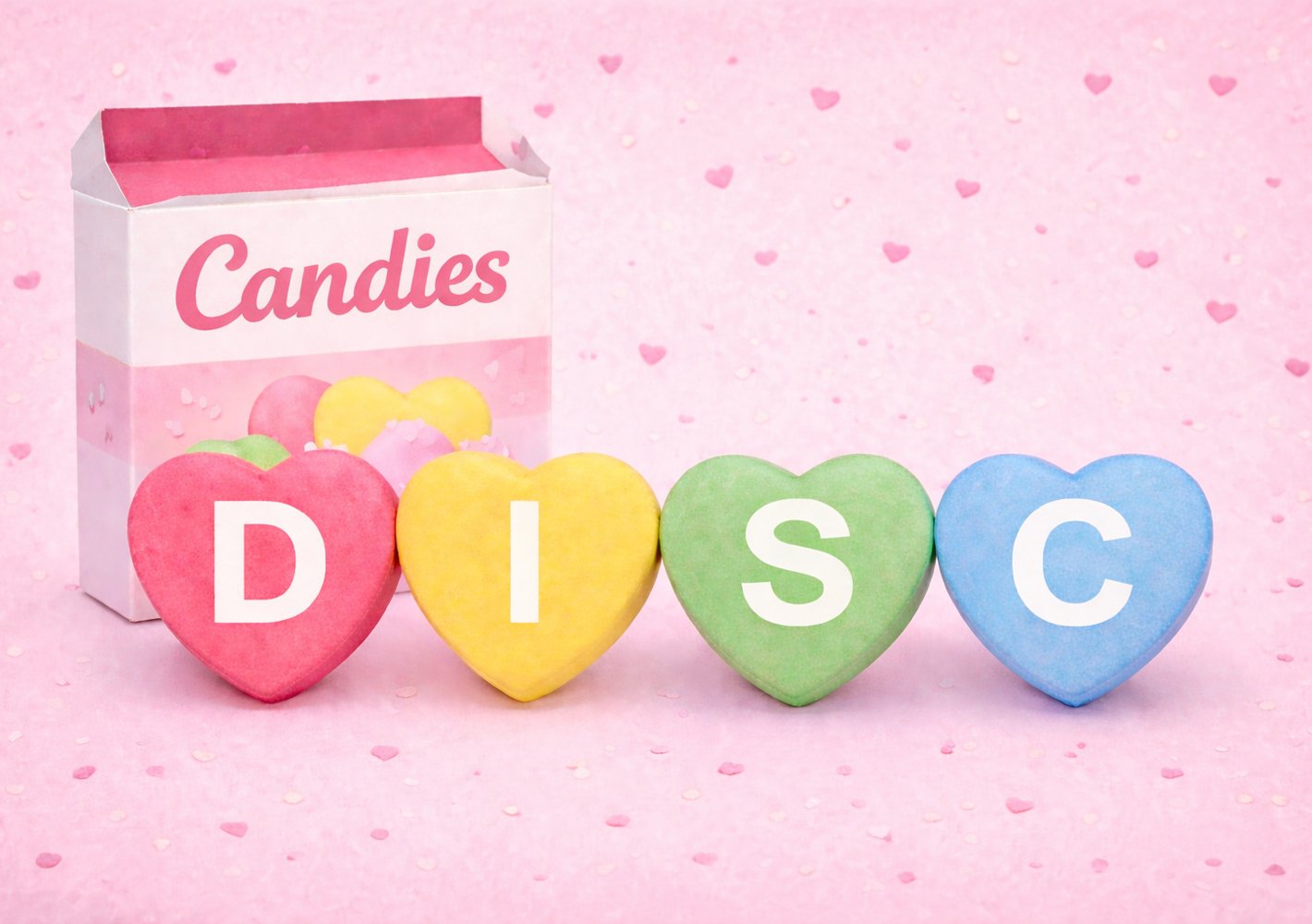On Valentine's Day, we often go the extra mile to show appreciation through heartfelt gestures like cards, flowers, or a special dinner. But meaningful connection shouldn’t be confined to just one day. In both our personal and professional lives, it’s easy to let everyday pressures overshadow the need for consistent communication and empathy.
True satisfaction—whether at home or in business—comes from regularly acknowledging and validating the needs and feelings of those we interact with. Relationships of all kinds thrive on understanding, mutual respect, and effective communication. And that’s where DISC can make a powerful impact.
DISC theory helps you understand different personality styles, enabling you to communicate with greater clarity, empathy, and intention. Whether it’s your spouse, teammate, or client, knowing how to adapt your approach can be transformative.
Applying DISC for Stronger Connections:
For the Dominant (D) Personality:
- Be direct and to the point. They appreciate efficiency and quick solutions.
- Focus on actions and outcomes rather than discussing challenges at length.
- Don’t sugarcoat feedback—be honest and clear.
For the Influential (I) Personality:
- Keep things light and upbeat. They thrive on enthusiasm and positive interactions.
- Encourage open dialogue and share ideas freely.
- Avoid bogging them down with too much detail—stick to high-level takeaways.
For the Steady (S) Personality:
- Use a calm, steady approach. They value trust and harmony.
- Set clear expectations and avoid sudden changes.
- Show empathy and patience—they appreciate reassurance and support.
For the Conscientious (C) Personality:
- Be detailed and accurate—they value precision and thoroughness.
- Allow time for thoughtful decision-making and discussion.
- Focus on logic and facts rather than emotional appeals.
By using DISC to better understand those around you, you can create deeper, more collaborative relationships—whether at home or in business. Strengthened communication leads to stronger connections, making every day more meaningful and productive.






